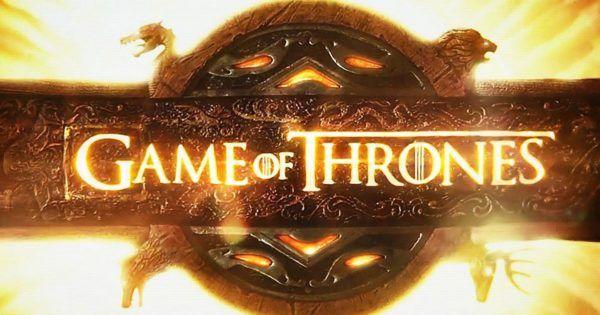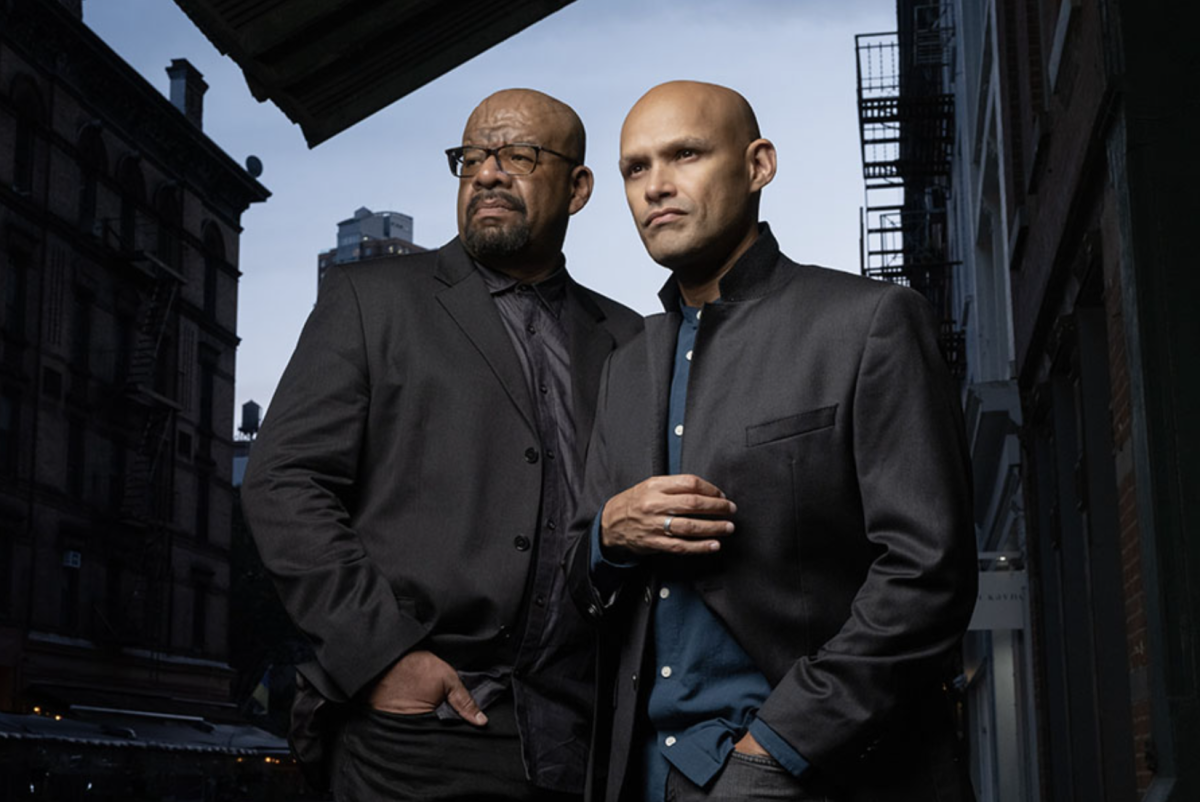After a nearly two-year hiatus, HBO has at last confirmed that the final season of its hit show, “Game of Thrones,” will premiere in April 2019. While fans are undoubtedly excited to see who will sit on the Iron Throne –– if there even is one left standing when all is said and done –– some fans are more nervous in their anticipation than others. After a comparatively underwhelming season seven, a number of fans fear the show has officially abandoned clever writing and compelling narratives for unabashed fan service and special effects better left to franchises like The Marvel Cinematic Universe.
The most highly anticipated battle in the final season of Game of Thrones will be between the living and the dead. Throughout the series, the zombie-like creatures known as White Walkers, lead by the demonic Night King, have been a looming, yet distant, threat in Westeros. However, now that the magical wall separating Westeros from the Walker-infested North has come down –– without any suspense and all characters almost certainly surviving –– the much-hyped “Battle for the Dawn” has finally arrived. Showrunners David Benioff and Dan Weiss have hired director Miguel Sapochnik –– famous for his work on episodes “Hardhome” and “Battle of the Bastards” –– to direct two of the final season’s six episodes, leading many to believe the last installment will be heavy on epic battle scenes and light on character moments. While I do love battle sequences –– “Battle of the Bastards” is one of my favorite television episodes ever –– I am apprehensive that the showrunners’ emphasis on epic battle sequences will come at the expense of the narrative complexity which helped make the show the cultural phenomenon it is, an unfortunate trend already seen in season seven. For example, in the final moments of the last season, “Game of Thrones” used the vast majority of its exorbitant budget to give stunning, instantly gratifying visual effects that did nothing for the plot.
Most information about the upcoming season has been pure speculation based off fan theories and purported “leaks” from set. Benioff and Weiss have been extremely secretive about the upcoming season. According to Emilia Clarke, who plays Daenerys Targaryen, the fan favorite “Mother of Dragons,” the cast filmed multiple endings so even they would not know how the show actually ends. “I think they’re filming a bunch of stuff and they’re not telling us. I’m being serious. I’m being deadly serious. I think that they don’t even trust us,” said Clarke in an interview with The Hollywood Reporter. The one thing several “Game of Thrones” actors have said in interviews is that the ending is definitely bittersweet and will not satisfy everyone. Iain Glen (Ser Jorah) told The Hollywood Reporter “You know with something this big like “Game of Thrones,” you cannot please everyone.” While Glen is correct in saying that finales rarely please all the viewers, I hope it doesn’t disappoint viewers by appealing too much to fan service.
The final season will only be six episodes long, as opposed to the 10-episode length of all the other seasons save season seven, which had seven episodes. However, these last episodes will also include some of the longest “Game of Thrones” episodes to date, including a finale on the shorter side of feature-film length at a reported 81 minutes. While this may seem exciting to some fans (more content yay!) it is likely that the longer runtimes will be used for special effects and blockbuster battle sequences rather than character and plot development. For example, in season seven, Benioff and Weiss decided to focus on show-stopping effects and easy plot twists that would garner the most reaction on social media rather than further developing the complex characters and intricate plotlines that had been carefully cultivated over six seasons. For instance in episode five, “Eastwatch” “Fellowship of the Wight” the writers threw together fan favorites Jon Snow (Kit Harington), Gendry (Joe Dempsie), The Hound (Rory McCann), Tormund (Kristofer Hivju), Ser Jorah (Iain Glen), Lord Beric (Richard Dormer) and Thoros of Myr (Paul Kaye) to go on a “suicide mission” north of the wall to capture a walker. While providing viewers with witty one-liners and meme-worthy bro content, it did nothing for character development and completely disregarded Game of Throne’s penchant for realistically killing off characters –– only Thanos died, and we weren’t that attached to him. While I think casual fans of the show will not be fazed by this change of direction, more avid fans –– especially readers of the books –– will be disappointed.
There is currently not a lot of information out about the final season, so most of my analysis should be taken with a grain of salt. While I am disappointed with the direction of last season, I am cautiously optimistic that the final season will be good. Hopefully, we don’t get a cheesy superhero/martyr movie ending –– where the heroes sacrifice themselves and miraculously survive –– and get something clever and utterly brutal, like the “Game of Thrones” of old. Perhaps it’s time for another wedding?




